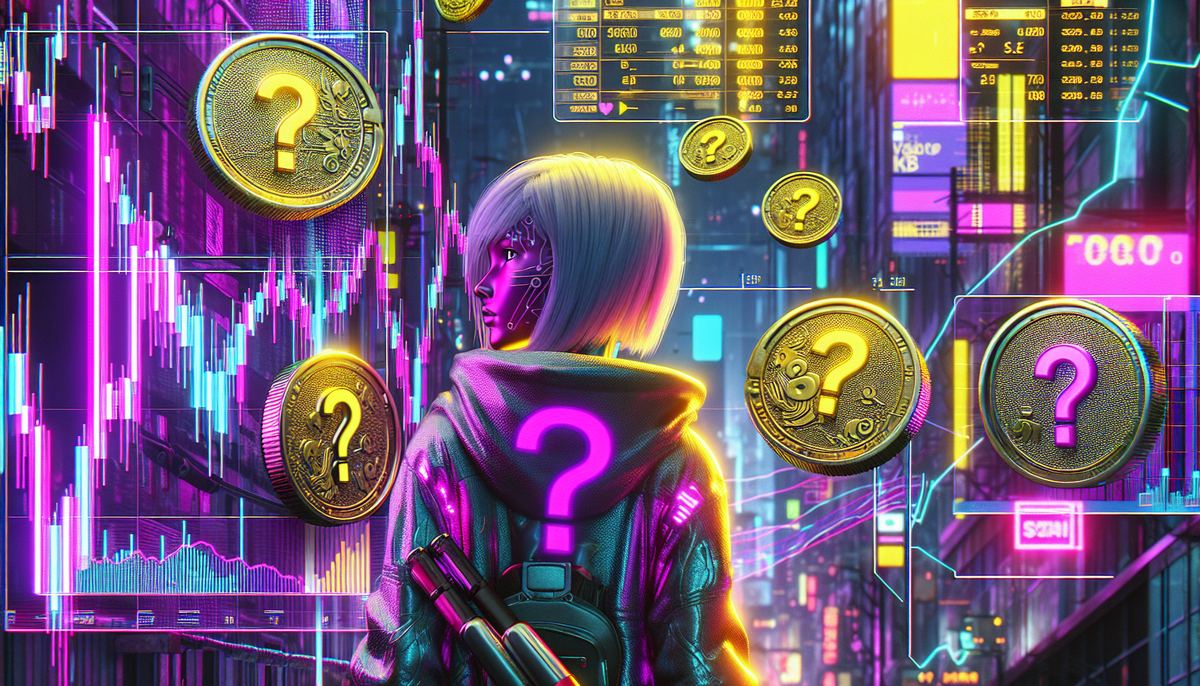Table of Contents
You might have come across the term “web3”, also known as “Web3” or “Web 3.0”. It has been mentioned quite a bit lately, on news outlets, on social media, and by famous tech CEOs like Mark Zuckerberg. But what the hell is it exactly?
Do a Google search on “what is web3?” and the first hundred results will throw up a hundred different definitions. It’s not actually clear what web3 is, or will become, but the general consensus is that it describes the next iteration of the Internet, in which themes such as decentralization, blockchain, crypto, NFTs and the Metaverse will all play important roles.
The decentralized aspect is what gets proponents so excited though, as they claim it will eliminate the power of big tech firms like Google, Facebook, YouTube, Amazon and so on, giving users control over their data and perhaps, even a way to monetize it.
What Came Before
Web3 will be what comes after Web 1.0 and Web 2.0. Those terms are also familiar - Web 1.0 was the early version of the Internet that sprang up in the 1990s, a time of mostly static websites that contained information and little else. Users did little except publish blog posts, send emails to each other and perhaps, chat on messengers like ICQ.
Things changed with the arrival of Web 2.0. This is the interactive version of the Internet we know today, an Internet where users were not only able to consume content and send emails, but participate in forums, buy things online, sell things on classified sites such as Craigslist, watch videos on YouTube, and later, share their lives on social media platforms like Facebook.
The vast majority of people will agree that Web 2.0 was a big improvement on Web 1.0. But they’ll also claim it’s far from perfect. The aforementioned big tech firms have long since come to monopolize today’s Internet, collecting massive amounts of data on netizen’s personal lives and crushing all forms of competition in the process. These days it’s almost impossible to avoid using one of Google’s services, for example, and as for trying to prevent it from tracking you and displaying ads that follow you across your journey through the web…Well, forget about it.
People have become very cognizant of the way the big tech monopolies are harvesting their personal data though. Google and Facebook have often had the spotlight shone on them for breaching privacy and anti-monopoly laws, resulting in numerous fines such as the $5 billion penalty Zuckerberg’s firm was slapped with by the U.S. Federal Trade Commission in 2019.
Web 2.0 may have transformed people’s lives, but they’re also growing frustrated with the constant tracking and being pushed into what are effectively “walled gardens” created by big tech firms, to gain even more control over their data. It’s this frustration that has created such a big appetite for the privacy promised by web3.
The Promise of Web3
The appeal of web3 is that it will allow everyday people to take back control of the Internet. So rather than using free services in exchange for their data, they’ll be able to take part in the operation and governance of the platforms they use. That’s because web3 services will all be run with protocols, governed by decentralized autonomous organizations, where all decisions are taken according to the community’s consensus. Internet users will no longer be seen as something to monetize - rather, they’ll be equal participants along with everyone else.
To participate in the decision making process, Internet users will need to acquire tokens - cryptocurrencies - that represent a share of ownership in a decentralized blockchain. Token holders get to vote on the future of something such as a decentralized finance protocol. So, the more tokens someone holds, the bigger their say over the network.
A great example of this shift is the video games industry. One of the major gripes of gamers today is the so-called “pay to play” model, which requires players to buy expensive weapons or add-ons to compete in their favorite games. Players find themselves quickly sucked in, only for the developer to update the game and introduce newer, more powerful weapons. Those who pay for them quickly become more powerful, forcing other players to acquire them too. It’s an endless cycle of monetization.
With web3, proponents say this won’t happen anymore. The players will become the owners of the game and have the right to vote on what each new update will bring. And the weapons they acquire will be theirs - in the shape of NFTs they can sell - as opposed to just digital bits owned by the game developer.
Will Web3 Deliver?
The future web3 will be built on democratic principles, but detractors argue it will fall short of those ideals. The most prominent criticism is that blockchain’s token model is not equally distributed. What tends to happen is that a few individuals amass large numbers of tokens, meaning power is concentrated in the hands of those early adopters.
Twitter CEO Jack Dorsey made precisely that point during a public spat with two prominent venture capitalists, Marc Andreessen and Chris Dixon, who’re also some of web3’s biggest proponents.
Critics say that while web3 projects are decentralized in name, the reality is they’re little different from today's big web companies, no matter if it's a private blockchain or a DeFi protocol where just a few people own the majority of the tokens.
That’s exactly what has happened in one of the most prominent blockchains of all - Ethereum - where its co-founder Vitalik Buterin continues to hold immense influence over the network even though he has long since given up development of the network.
Izabella Kaminska, editor of the Financial Times’ Alphavill blog, made the same point recently in a conversation with The Crypto Syllabus, noting how Buterin remains the “spiritual leader” of what is supposed to be a headless system and that he retains “incredible sway and influence” over its future direction.
DeFi protocols and DAOs are usually little better, with problems around vote absenteeism and a heavy reliance on centralized infrastructure.
The cryptocurrency exchange AAX highlights how there are two “camps” within the cryptoverse. On the one hand you have Crypto People, who are advocates for anything and everything that’s decentralized, including alternatives to Ethereum such as Polkadot, Solana, Luna, Avalanche and so on, as well as concepts such as DeFi and NFTs. Then you have the Bitcoin Maximalists, who believe that Bitcoin is the only legitimate decentralized currency, blockchain, and infrastructure, and say that all other tokens compromise too much on decentralization to enable faster speeds or greater convenience.
AAX says this facade of decentralization could be the very thing that derails the growth of web3:
“If the current infrastructure is not decentralized enough, and if Bitcoin as the only real blockchain is not fast enough, then there currently isn’t really a viable alternative route to realizing the vision of Web 3.”
Either way, it will be fascinating to see how web3 pans out. True decentralization might be difficult to achieve, but the advantages of it will be such a game changer, that its advocates won’t give up trying.
Disclaimer: This article is provided for informational purposes only. It is not offered or intended to be used as legal, tax, investment, financial, or other advice.
Investment Disclaimer












